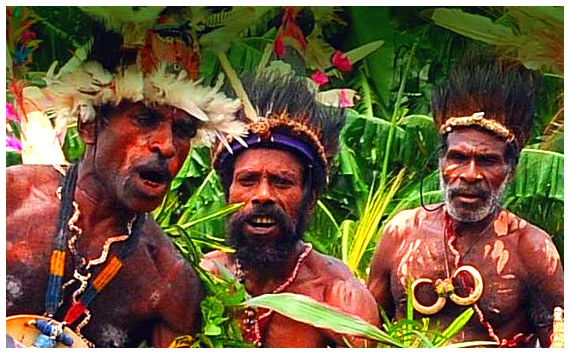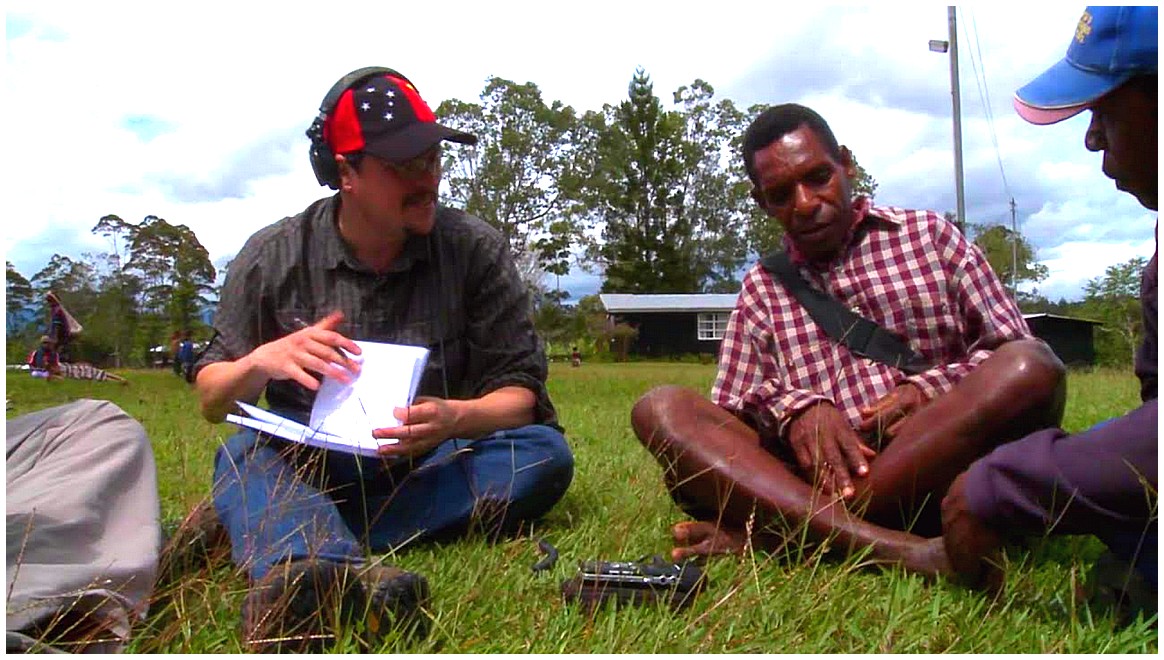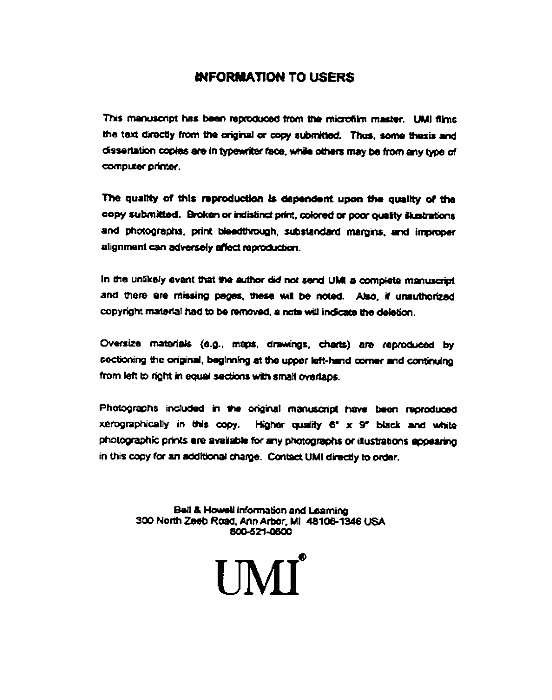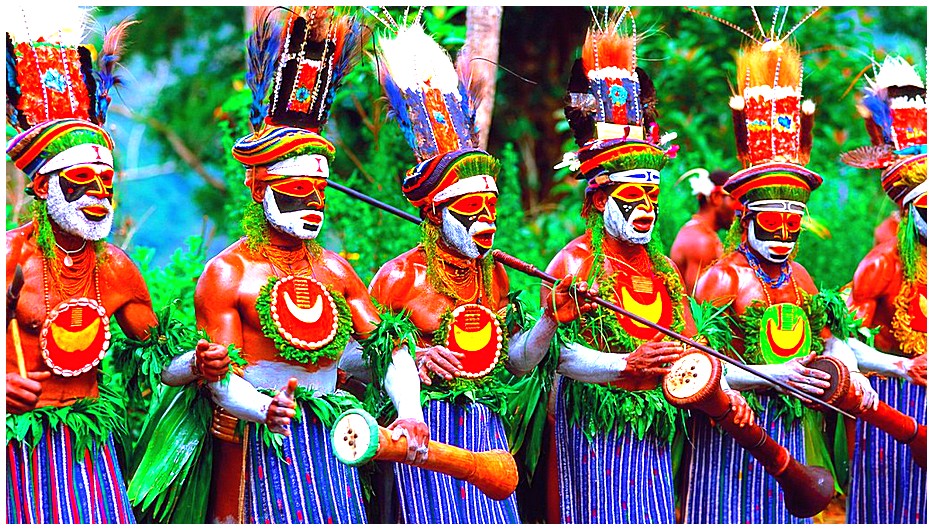Introduction to eToro in Guinea

Guinea is a country rich in culture and tradition, and the eToro people are no exception. The eToro are an ethnic group located in Guinea’s Fouta Djallon region, and they have their own unique customs, language, religion, music, art and architecture. In this article we will explore the fascinating culture of the eToro people in Guinea. We will look at their traditional beliefs and practices as well as how they interact with other cultures within Guinea. Finally we will discuss how modern technology has impacted the way that the eToro people live today. By understanding more about this vibrant culture we can gain insight into one of Africa’s most diverse societies.
Historical Significance of eToro Culture

The eToro culture of Guinea has a long and rich history, dating back to the 13th century. This unique culture is known for its vibrant art, music, dance, language and spiritual beliefs. It has been an important part of Guinean identity for centuries and continues to be celebrated today. The eToro people are renowned for their hospitality and generosity towards visitors from other cultures. They have also played an important role in preserving traditional customs such as the practice of ancestor worship which is still practiced by many in Guinea today. Additionally, they have helped preserve local languages such as Kpelle and Susu that are spoken by members of this ethnic group.
The eToro culture is significant not only to the people who live there but also to those who visit or study it from outside sources due to its uniqueness among African cultures. It serves as a reminder that cultural diversity should be respected and appreciated no matter where one goes in the world; it helps us understand how different peoples can come together peacefully despite differences in language or belief systems. By exploring this culture we gain insight into how various communities interact with each other while maintaining their own distinct identities at the same time – something which can help inform our own lives here in the modern world.
Traditional Clothing and Artifacts of the eToro People

The eToro people of Guinea are known for their vibrant and unique culture. Traditional clothing and artifacts play an important role in the cultural identity of the eToro people.
Traditional clothing for men includes a loincloth, which is made from cotton or bark cloth, along with a waistband to secure it around the waist. Women wear long skirts that reach down to their ankles, often decorated with intricate patterns and colors. Both genders also wear necklaces made from shells or beads as part of their traditional attire.
Artifacts used by the eToro people include drums, flutes, rattles, bows and arrows, spears, shields and knives. These tools were used for hunting animals as well as making music during ceremonies and rituals. The eToro also make baskets out of grasses that can be used to carry items such as food or water when travelling between villages.
The artistry displayed through these traditional clothing pieces and artifacts reflects the creativity of this culture’s ancestors who crafted them centuries ago – something still celebrated today by many members of this community in Guinea!
Language and Dialects Spoken by the eToro People

The eToro people of Guinea speak a variety of languages and dialects, including the local language of Kpelle. Other languages spoken by the eToro include Susu, Loma, Kissi, Vai, Gola and Manon. Each language has its own distinct dialects that are unique to each region in which they are spoken. Additionally, some members of the eToro community also speak French as their second language due to colonial influence in Guinea’s past.
Music, Dance, and Storytelling Traditions of the eToro People
The eToro people of Guinea are known for their vibrant culture, which is expressed through music, dance and storytelling. Music plays an important role in the lives of the eToro people; it is used to celebrate special occasions such as weddings and funerals, or simply to entertain. Traditional instruments include drums, flutes and stringed instruments like the kora. Dance is also a major part of life for the eToro people; traditional dances involve intricate footwork that follows complex rhythms set by drummers. Storytelling is another popular form of entertainment among the eToro people; tales are often passed down from generation to generation, preserving cultural knowledge and values. By exploring these traditions, we can gain insight into this unique culture and its rich history.
Food Customs and Cuisine of the eToro Community
The eToro community of Guinea is known for its rich culture and vibrant customs. Food plays an important role in the lives of the people, with a variety of dishes that are unique to this region. The cuisine is heavily influenced by traditional African flavors, with many recipes passed down through generations.
A staple dish among the eToro is called ‘mata’, which consists of cassava leaves cooked in palm oil and served with fish or chicken. Other popular dishes include yam porridge, plantain fritters, and rice cakes made from pounded millet flour. Vegetables such as okra, eggplant, tomatoes, peppers and onions are also used frequently in meals.
Fruits like mangoes and papayas are often eaten fresh or turned into jams or jellies for sweet treats. Coconut milk is commonly used to add flavor to savory dishes as well as desserts like ice cream or custard pudding.
Fish is an important part of the diet for many eToro people; it can be grilled over open fires on wooden skewers or steamed inside banana leaves for added flavor. Meat from goats and chickens are also enjoyed but pork products are avoided due to religious beliefs held by some members of the community who follow Islam or Christianity .
In addition to these traditional foods there has been an influx of international cuisines due to globalization which have become increasingly popular among younger generations including Chinese food , Italian pasta dishes , Mexican tacos , Indian curries etc . This has allowed them access to new flavors while still maintaining their own cultural identity .
Overall , exploring the food customs and cuisine within eToro communities provides insight into their history , traditions , values and beliefs – all essential components that make up this fascinating culture .
Religious Beliefs and Practices Amongst the eToro Population
The eToro people of Guinea have a long and rich history of religious beliefs and practices. The majority of the population are adherents to traditional African religions, which include ancestor worship, belief in spirits, and other animistic beliefs. In addition to these traditional spiritual practices, many eToro also practice Christianity or Islam.
Christianity is mainly practiced by members of the Fulani ethnic group who migrated from neighboring countries such as Mali and Senegal centuries ago. These Christians typically attend church services on Sundays and observe Christian holidays like Christmas and Easter.
Islam is also widely practiced among the eToro people due to their proximity to Muslim-majority countries such as Nigeria, Niger, Burkina Faso, Gambia, Sierra Leone, Liberia etc.. They often follow Islamic customs like fasting during Ramadan or attending Friday prayers at mosques.
Traditional African religion still plays an important role in the lives of many eToro people today; they believe that ancestors can influence events in their daily lives through divination rituals performed by shamans known as “Koromantee” priests. These rituals involve offerings made to ancestral spirits for protection or guidance in times of need.
In conclusion it can be said that although there are differences between religious groups within the eToro population , all share a common cultural heritage rooted in tradition African spirituality .
Gender Roles Within The Society Of The Etoros
The Etoros are a small, traditional tribe located in the West African nation of Guinea. The society is highly patriarchal and follows strict gender roles. Men are expected to be the breadwinners and providers for their families while women are responsible for domestic duties such as cooking, cleaning, childcare, and caring for livestock. Women also have limited access to education or economic opportunities outside of the home. Marriage is arranged by elders within the community and polygamy is common among men who can afford it. Both genders adhere to traditional dress codes that emphasize modesty; however, women’s clothing tends to be more restrictive than men’s clothing. Overall, gender roles within this society serve as an important part of maintaining its cultural identity and heritage despite changes brought about by globalization.
Celebrations And Festivals Of The Etoros 10
The eToro people of Guinea have a rich culture and are known for their vibrant celebrations and festivals. From the annual yam festival to the harvest celebration, there is always something exciting happening in an eToro village. Here we explore 10 of the most popular celebrations and festivals of the eToro:
-
Yam Festival: The Yam Festival marks the beginning of each new year with a feast celebrating yams as a symbol of fertility, abundance, and prosperity. During this time families come together to celebrate with traditional music, dancing, storytelling, and feasting on local dishes such as fufu (mashed plantains) or tuwo (rice balls).
-
Harvest Celebration: This is one of the most important events in an eToro village where they give thanks for a successful harvest season by offering prayers to God and their ancestors. Traditional ceremonies include singing praises to God followed by offerings made from harvested crops such as millet beer or palm wine which are shared among family members during this joyous occasion.
-
Kpana Dance: This dance celebrates life through movement that expresses joyfulness about living in harmony with nature’s cycles like planting season or harvesting time; it also serves as entertainment at social gatherings like weddings or funerals . Dancers wear brightly colored costumes while performing complex steps accompanied by drums and other musical instruments played live on stage .
-
Masked Ceremony : A masked ceremony takes place when someone dies in an Etoro community; masks are worn to honor both those who passed away but also protect them from evil spirits so they can rest peacefully in heaven . Masks represent different characters such as warriors , hunters , animals , etc., all coming together for one night only before disappearing until next year’s ceremony .
-
Initiation Rituals : Young boys between ages 8-12 undergo initiation rituals into adulthood where they learn skills necessary for survival such hunting techniques , farming methods , fishing practices etc.. These rites involve fasting , meditation , prayer sessions & sometimes scarification depending on tribe traditions ; once complete these boys become men within their society & gain respect from elders & peers alike .
-
Birth Celebrations : When a baby is born into an Etoro family its cause for great celebration ! Gifts are exchanged amongst relatives & friends including food items like rice cakes or fish ; traditional songs sung throughout entire villages bring happiness & hope that child will grow up strong healthy wise person contributing positively towards community development .
7 Marriage Celebrations : Weddings take place after long periods courtship between two individuals usually overseen by parents/guardians ; festivities last several days starting off with pre-wedding ceremonies involving drumming dancing singing games then culminating grand finale wedding day itself featuring more elaborate decorations lavish meals drinks plenty laughter love all around !
8 Funeral Rites : Death is part life no matter how hard it may be accept funerals held honour deceased loved ones memory while comforting mourners at same time – often times large groups gather perform ritualistic dances plays sing songs tell stories remember good times had spent together over years gone past paying final respects those who have left us behind forever …
9 Rainmaking Ceremonies : After long dry spells rainmaking ceremonies performed order replenish water sources land provide much needed relief drought stricken areas – typically involves gathering villagers sacred places praying gods blessing rains upon them soon possible along symbolic acts pouring libation onto ground using specific plants leaves signify importance event taking place around them every step way …
10 New Year Celebrations : Each December 31st mark start new year special festive atmosphere takes hold across whole country filled excitement anticipation what future holds everyone involved – fireworks light sky colorful parades take streets bonfires lit beach sides people dance laugh enjoy company others even if just few hours let go worries burdens leave behind old ways make room fresh beginnings ahead!
| eToro Culture | Other Cultures in Guinea |
|---|---|
| Social Interaction | Different social structures, including family and tribal relationships. |
| Language | Numerous languages spoken throughout the country, including French, Susu, Fula and Maninka. |
| Religion | Islam is the dominant religion; Christianity is also practiced by some. Animism is still practiced in rural areas. |
| Music & Dance | Traditional music and dance styles vary across ethnic groups but are usually accompanied by drums or other percussion instruments. Popular genres include balafon music and sabar drumming from the Soussou people of Guinea’s coastal region. Dances often involve intricate footwork with accompanying hand gestures or props such as sticks or swords. |
What are the main cultural elements of eToro in Guinea?
The main cultural elements of eToro in Guinea include the importance of family and community, respect for elders, hospitality, a strong sense of tradition and culture, a deep appreciation for music and dance, religious beliefs such as Islam or Christianity, an emphasis on education and literacy, a vibrant art scene with traditional masks and sculptures being made by local artists. Additionally there is an emphasis on environmental protection with efforts to preserve natural resources like forests.
How has eToro culture evolved over time?
eToro’s culture has evolved over time to become more focused on innovation, collaboration, and customer-centricity. The company has implemented a number of initiatives to foster an open and collaborative work environment, such as team building activities, hackathons, and employee recognition programs. eToro also places great emphasis on its customers’ needs by providing personalized service and support. Additionally, the company has invested heavily in developing cutting-edge technology that helps it better serve its clients.
What is the significance of traditional music and dance to eToro people?
Traditional music and dance are of great significance to the eToro people. Music and dance provide a way for them to express their culture, beliefs, values, and history. Through traditional music and dance, they can share stories about their ancestors as well as celebrate important events in their lives such as weddings or funerals. Music also serves an important role in healing ceremonies which is essential to the wellbeing of the community. Additionally, traditional music and dance allow members of the eToro people to connect with each other on a deeper level by creating a sense of belonging within the group.
How does religion influence daily life for eToro people?
Religion plays an important role in the daily lives of eToro people. It influences their beliefs, values, and behavior. Religion is a source of guidance for many eToro people and provides them with a sense of identity and belonging to their community. The religious practices of the eToro include praying, fasting, attending religious services, observing holy days or festivals, making offerings to deities or ancestors, and participating in rituals such as circumcisions or weddings. These activities help shape the way that members of this culture live their lives on a day-to-day basis by providing structure and meaning to everyday tasks. Additionally, religion helps provide comfort during difficult times by offering spiritual support through prayer and communal gatherings.
Are there any unique festivals or celebrations that take place within the eToro community?
No, there are no unique festivals or celebrations that take place within the eToro community. However, eToro does host various events and activities throughout the year such as webinars, trading competitions, and educational seminars.
Is there a particular language spoken by the majority of eToro people, and if so, what is it called?
No, there is not a particular language spoken by the majority of eToro people. The company has employees from all over the world and many different languages are spoken.
Are there any specific customs related to marriage or other important life events among members of the eToro community?
No, there are no specific customs related to marriage or other important life events among members of the eToro community. However, members may celebrate these events with their friends and family in whatever way they choose.
What challenges do members of this culture face today, and how can they be addressed moving forward?
Members of this culture face a variety of challenges today, including economic disparities, lack of access to education and healthcare, and systemic racism. To address these issues moving forward, it is important for members of the culture to advocate for their rights and work together with allies in other communities to bring about meaningful change. Additionally, initiatives such as job training programs and community-based organizations can help provide resources that are necessary for success. Finally, investing in public policies that promote equity and inclusion can help create an environment where all members of the culture have equal opportunities for success.

05.05.2023 @ 13:44
Je trouve cet article très intéressant car il nous permet de découvrir la culture fascinante du peuple eToro en Guinée. Leur histoire riche remonte au 13ème siècle et leur culture unique est connue pour son art, sa musique, sa danse, sa langue et ses croyances spirituelles. De plus, leur hospitalité et leur générosité envers les visiteurs dautres cultures sont remarquables. Les vêtements traditionnels et les artefacts jouent également un rôle important dans leur identité culturelle. Enfin, leur musique, leur danse et leurs traditions de narration sont uniques et vibrantes. Cet article nous rappelle limportance de respecter et dapprécier la diversité culturelle, et nous permet de mieux comprendre comment différentes communautés peuvent coexister pacifiquement tout en maintenant leur propre identité distincte.